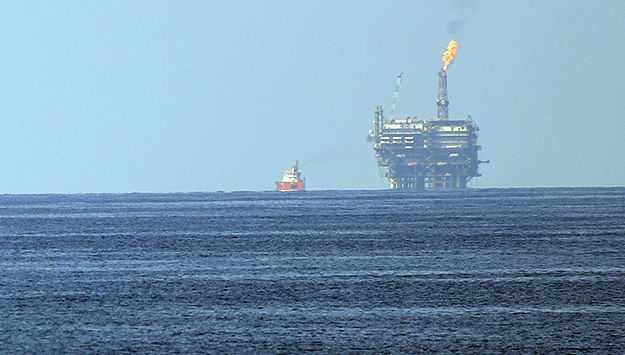Palestinian sources have disclosed that an agreement between Israel, the Palestine Authority (PA), and Egypt to revive Gaza offshore gas production may be close. According to a Palestinian source, an Egyptian company would facilitate natural gas production in the offshore reserves utilizing Israeli infrastructure.
According to the source, “The negotiations between the Egyptian corporation and the alliance of Palestinian companies are making excellent strides toward reaching a definitive deal soon.”
The Gaza offshore gas production project to be managed by the Egyptian natural gas holding company
27.5% of the field’s earnings will go to the PA in Ramallah, which is represented by Palestine Investment Fund (PIF). Consolidated Contractors Company (CCC), a Palestinian-owned partner of PIF, will receive an additional 27.5%. The Egyptian Natural Gas Holding Company (EGAS), which will manage the project, would receive the remaining 45 percent.
Also Read: Proposal for construction of 9.2GW solar and wind-powered hydrogen facility in Egypt
The Gaza gas fields were first discovered in 1999 in Palestinian territorial waters. However, the first discovery, known as Gaza Marine 1, was made 36km off the coast and is thought to contain 33 billion cubic meters of natural gas.
The second field, known as Gaza Marine 2, comprises an additional three billion cubic meters. The fields have long been regarded as a crucial first step toward Palestinian energy independence, but Israeli objections and roadblocks have prevented Palestinians from using them.
More on the Gaza offshore gas development
According to a senior Palestinian source, the PA’s ministries would support the PIF mission by granting the required licenses. “The Gaza offshore gas production project is crucial to our strategy,” said the source, who spoke on condition of anonymity.
The official expressed his anticipation that gas will be mined and transported through Israeli infrastructure by 2025. The official noted that it would take the Palestinians around 15 years to develop their own infrastructure.
Instead, the gas pipeline will be extended to the Egyptian city of Al-Arish, according to Samir Hulileh, a Palestinian economist. The Egyptian company would then refine the gas and sell it to Europe along with Egyptian gas.
According to Hulileh, the PA will get between $700m and $800m annually once operations are up and running. Which translates to $7-8 billion over the course of ten years.

Leave a Reply